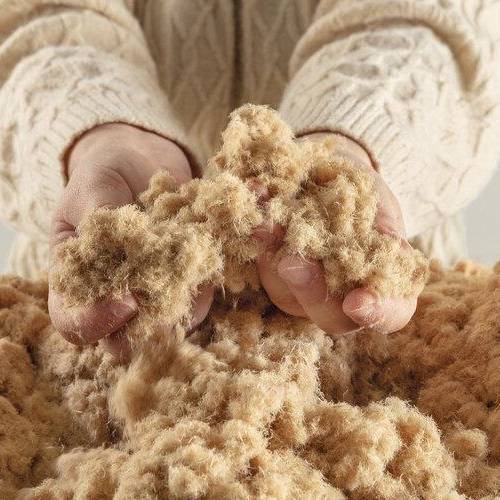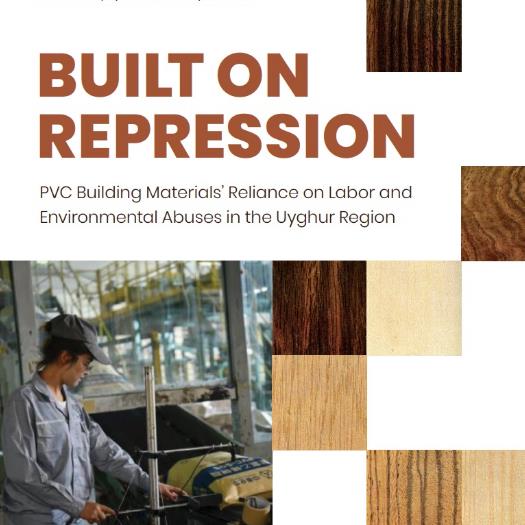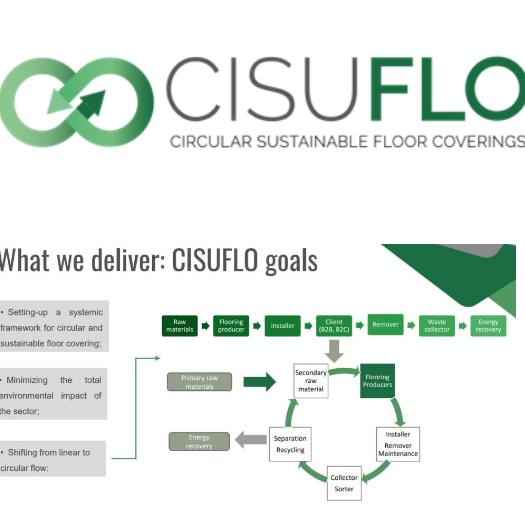
A pilot plant in France is currently using a steam explosion process to recycle laminate flooring and other products made from MDF/HDF. Since starting operations in 2021, the plant has been producing over one ton of recycled fibers every hour. These fibers are then reused to create new MDF / HDF products.
The European Panel Federation and Unilin are collaborating on the Horizon 2020 project called CISUFLO (CIrcular Sustainable Floor coverings). This initiative aims to promote a sustainable circular flooring industry and is funded by the European Union. The project involves 19 partners, including industrial companies, research institutions, and associations, focusing on laminate, textile, and vinyl flooring.
Unilin emphasizes that making flooring materials circular is essential for protecting our planet. They advocate for developing recycling technologies that can transform existing flooring products into new ones designed for circular use.
Laminate flooring and MDF / HDF products are often determined as a very difficult composition to recycle, thus leading to many waste problems when they end up in landfills or incinerators after they reached the end product life.
To address this issue, Unilin has created an innovative steam explosion technology. This method extracts valuable wood fibers from MDF or HDF products, especially laminate flooring products. These fibers are then processed for reuse as a substitute for virgin fibers in HDF production, effectively recycling the core material of laminate flooring.

Unilin launched this initiative with a pilot line at its MDF mill in Bazeilles, France. Since 2021, the line has been optimized for recycling processes. Although producing one ton of recycled fibers per hour may seem small, it showcases the significant potential of this technology. It proves that fibers can be extracted and reused without compromising quality, all while being economically viable. Remarkably, this process even saves electrical and thermal energy compared to traditional methods of producing wood fibers from virgin sources.
This achievement challenges the common perception that MDF/HDF products are non-recyclable and highlights their potential for circularity, which is a hallmark of European wood-based panels.


